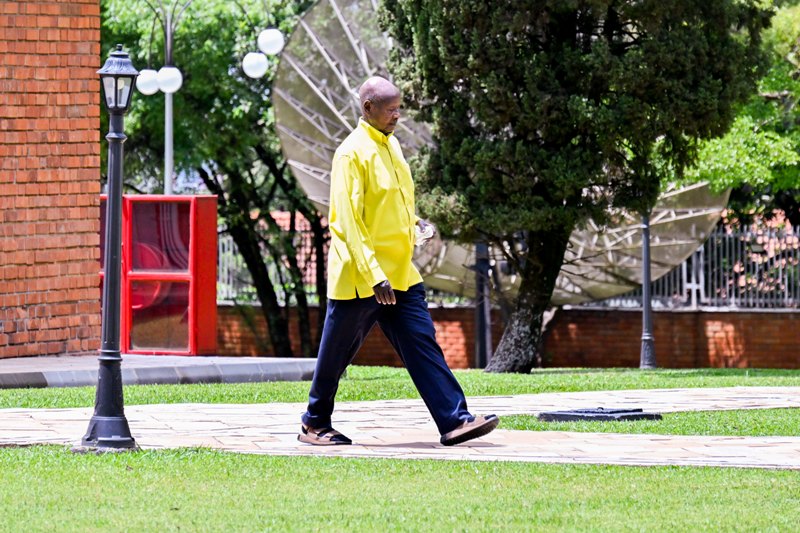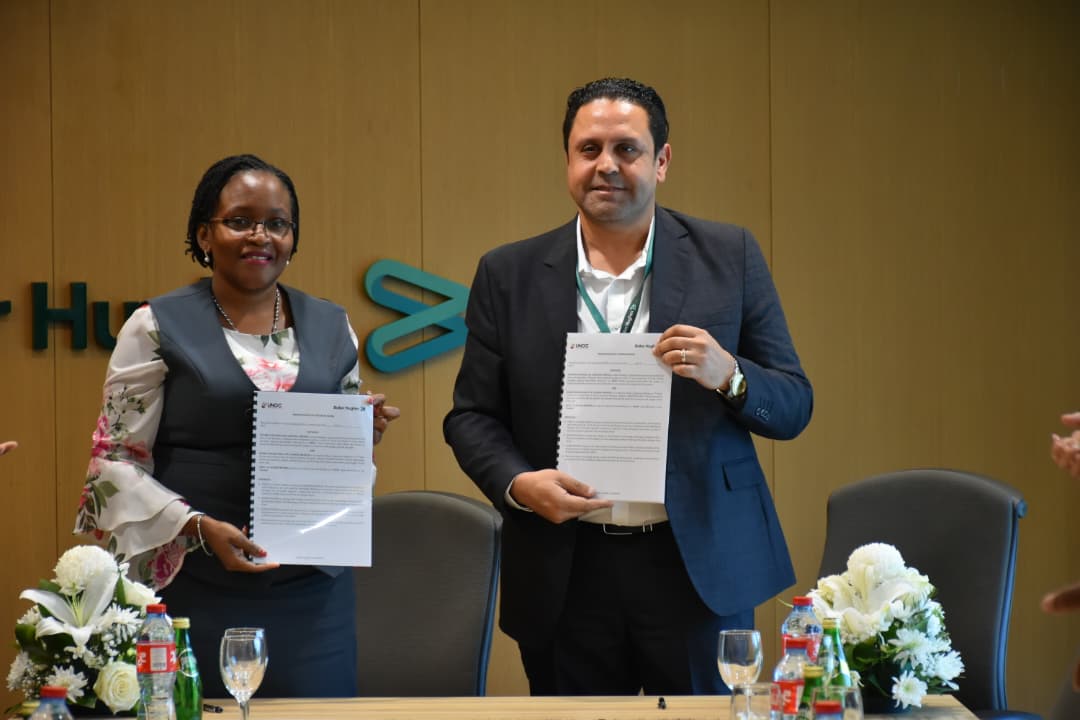As Museveni marches on, opposition unity remains a dream
The Electoral Commission has already issued the roadmap to the 2026 elections. Political activities are starting to rev up. But unless something drastic changes, the ballot might reflect more of the same: a dominant incumbent facing off with splintered, weakened challengers.

With just months to the next general election, the political air in Uganda is tense but predictable. President Yoweri Museveni, in power since 1986, shows no signs of stepping aside. But this time, what’s more telling is not just the strength of the ruling NRM—but the deafening silence from Uganda’s fragmented opposition.
For years, opposition leaders have galvanized supporters with the promise of a united front—a single, potent candidate to face off with Museveni. It was a chant that often inspired hope in campaign rallies, radio talk shows, and opposition manifestos. But as the 2026 election looms, that chant is fading. In its place: confusion, rivalry, and silence.
The Unity That Never Was
The idea of a joint opposition candidate is not new. From the days of the Inter-Party Cooperation in 2011 to the more recent efforts under the United Forces of Change, the concept has always struggled to materialize. What’s new this time is the total absence of even a façade of togetherness.
The National Unity Platform (NUP), Uganda’s leading opposition party and the political home of musician-turned-politician Robert Kyagulanyi (Bobi Wine), is currently embroiled in internal battles. The fallout with its former Vice President for Central Region, Hon. Mathias Mpuuga, has peeled back the curtain on deeper ideological and leadership rifts.
Mpuuga, a former Leader of Opposition in Parliament, has been vocal about what he calls “injustice” within the party ranks, while NUP’s leadership accuses him of dishonesty and undermining party values. The bitter exchange has left supporters questioning whether the party that once electrified the nation in 2021 can still hold ground—let alone build alliances.
Dr. Sarah Murungi, a political analyst, warns that the opposition risks becoming its own worst enemy.
“The lack of a coordinated effort and internal discipline within the opposition, especially in NUP, is a gift to the ruling party,” she said in an interview.
“Instead of focusing on Museveni’s excesses or championing electoral reforms, the opposition is stuck in personality clashes and ego-driven politics. It is impossible to defeat a deeply entrenched regime like the NRM if you’re busy fighting shadows within your own camp.”
According to Dr. Murungi, the absence of even preliminary meetings to front a joint opposition candidate in 2026 is telling, “It signals a deep crisis—not of ideas—but of leadership maturity.”
Following the 2021 elections, many Ugandans, particularly the youth, believed change was within reach. Bobi Wine had surged as a new political force, defying bullets and brutality. NUP carried the urban vote and controlled the largest opposition bloc in Parliament. However, since then, the movement has lost steam.
No visible coalition-building efforts have been made with other key players like the Forum for Democratic Change (FDC)—which itself suffered a messy split—or the Democratic Party (DP), whose relevance continues to dwindle.
“We believed they would learn from past mistakes and come together this time,” says 26-year-old Nalwoga Betty, a university graduate and first-time voter in 2021. “Now they’re not even pretending to be united. It’s disappointing.”
Museveni’s Silent Advantage
Meanwhile, President Museveni, now 80, is once again expected to seek re-election after recent NRM meetings hinted at a “life presidency” narrative being normalized. While critics point to a stagnating economy, youth unemployment, and human rights abuses, the president remains firmly in control—backed by a disciplined party structure and an efficient security apparatus.
With no formidable or united opposition in sight, analysts say the NRM may not even need to campaign as aggressively.
The Electoral Commission has already issued the roadmap to the 2026 elections. Political activities are starting to rev up. But unless something drastic changes, the ballot might reflect more of the same: a dominant incumbent facing off with splintered, weakened challengers.







